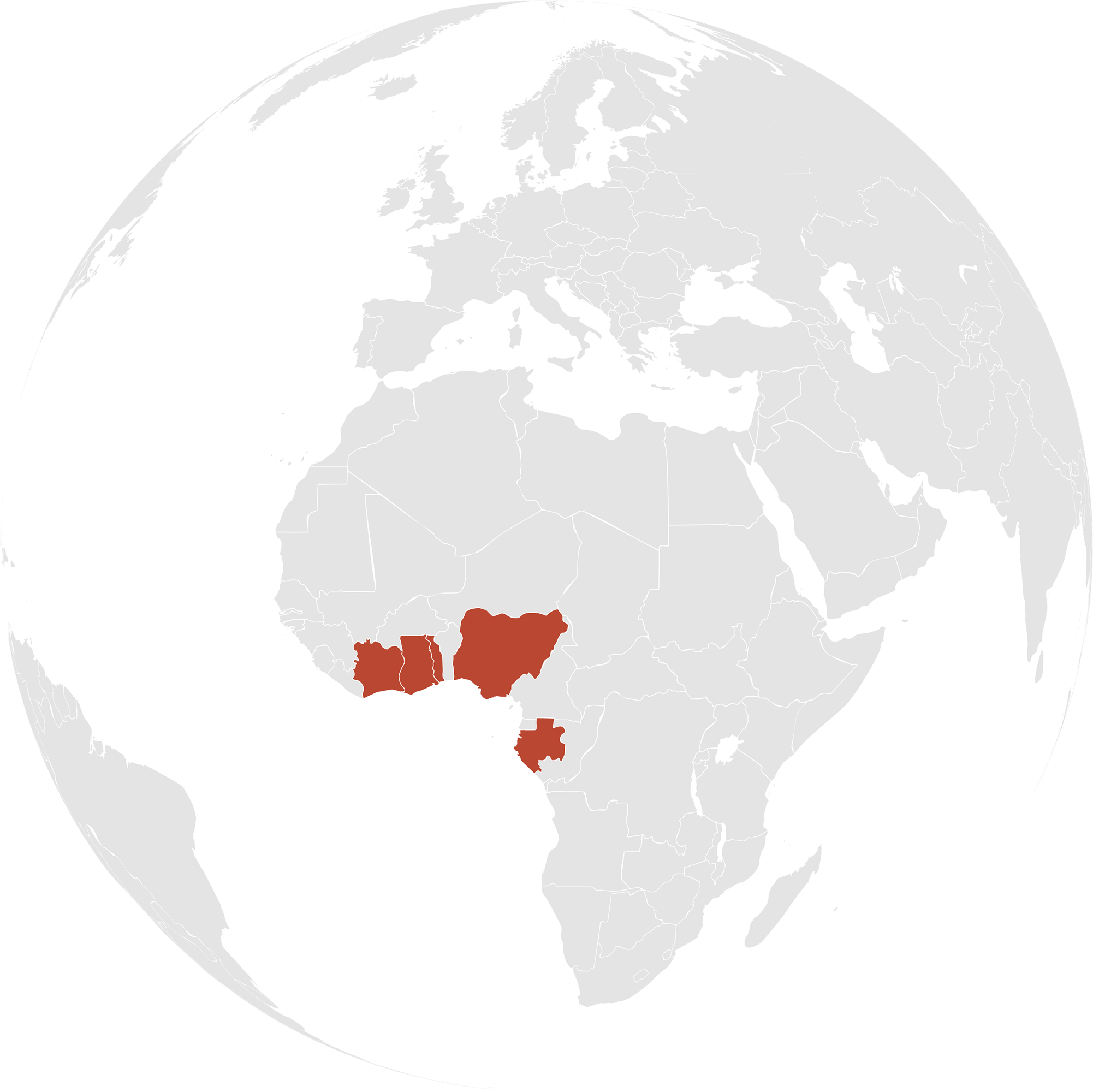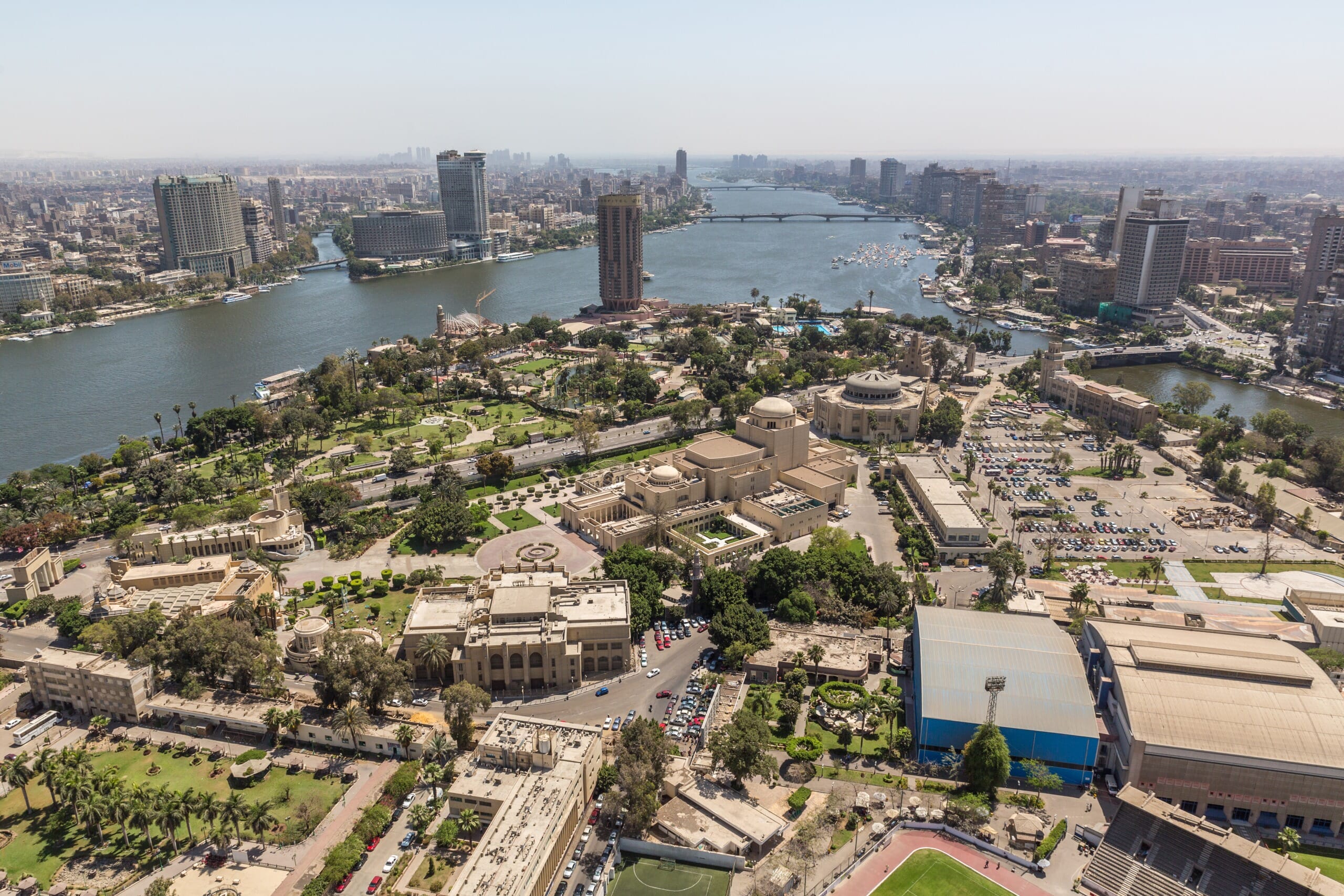West Africa is home to some of the fastest-growing cities in the world, and the largest city in West Africa stands out as a symbol of the region's rapid development and cultural significance. Lagos, Nigeria, often tops the list when it comes to population size and economic influence. But what makes this city so special? Let's dive in and explore the fascinating story behind the largest city in West Africa.
Picture this: a bustling metropolis filled with energy, vibrant culture, and endless opportunities. That's Lagos for you. As the largest city in West Africa, it's not just about numbers; it's about the heartbeat of an entire region. From its thriving economy to its rich cultural heritage, Lagos has become a magnet for people seeking a better life. So, why is it so important to understand this city's role in the global context?
The story of the largest city in West Africa isn't just about statistics or rankings. It's about the people, the challenges, and the opportunities that come with urbanization. In this article, we'll take a closer look at what makes Lagos unique and why it matters to the world. Whether you're interested in economics, culture, or simply want to learn more about one of Africa's most dynamic cities, you're in the right place.
Understanding the Largest City in West Africa
When we talk about the largest city in West Africa, we're talking about Lagos. But what exactly does "largest" mean in this context? Is it population size, land area, or economic impact? The answer is all of the above. Lagos, located in Nigeria, is not only the most populous city in West Africa but also one of the fastest-growing cities in the world.
According to the United Nations, Lagos's population is estimated to be over 14 million, although unofficial estimates suggest it could be much higher. The city covers an area of about 1,171 square kilometers, making it one of the most densely populated urban areas in the region. But it's not just about the numbers; it's about the impact. Lagos plays a crucial role in Nigeria's economy, contributing significantly to the country's GDP.
Why Lagos Matters
Lagos isn't just any city; it's a hub of activity for West Africa. Here are a few reasons why it matters:
- Economic Powerhouse: Lagos is the commercial and financial center of Nigeria, hosting numerous multinational corporations and startups.
- Cultural Influence: The city is a melting pot of cultures, with a thriving music scene, film industry (Nollywood), and art community.
- Population Growth: With a rapidly growing population, Lagos is shaping the future of urbanization in Africa.
But with great growth comes great challenges. Issues like traffic congestion, housing shortages, and infrastructure development are all part of the story. Understanding these challenges is key to appreciating the complexity of this megacity.
Historical Overview of Lagos
To truly understand the largest city in West Africa, we need to look back at its history. Lagos wasn't always the bustling metropolis it is today. Originally inhabited by the Awori subgroup of the Yoruba people, the area was later colonized by the Portuguese and the British. The name "Lagos" itself comes from the Portuguese word for "lakes," a reference to the many lagoons and waterways in the area.
In 1960, Nigeria gained independence, and Lagos became the capital city. It wasn't until 1991 that the capital was moved to Abuja, but Lagos remained the country's economic and cultural hub. Over the years, the city has undergone significant transformations, from its colonial roots to its current status as a global city.
Key Milestones in Lagos's History
Here are some key milestones that have shaped Lagos into the city it is today:
- 15th Century: Portuguese explorers arrive and establish trade links.
- 1861: Lagos becomes a British Crown Colony.
- 1960: Nigeria gains independence, and Lagos becomes the capital.
- 1991: The capital is moved to Abuja, but Lagos remains the economic center.
These historical events have played a significant role in shaping the identity of the largest city in West Africa. They've also influenced the city's architecture, culture, and economic landscape.
Population Dynamics of Lagos
One of the most striking features of the largest city in West Africa is its population size. With over 14 million people, Lagos is not just the most populous city in Nigeria but also one of the largest in the world. But what drives this population growth? And how does it impact the city?
Migration plays a big role. People from all over Nigeria and neighboring countries move to Lagos in search of better opportunities. The city's economy offers a wide range of jobs, from formal employment in multinational corporations to informal work in markets and small businesses. However, this rapid population growth also brings challenges, such as overcrowding and resource shortages.
Demographic Trends in Lagos
Here's a closer look at the demographic trends shaping the largest city in West Africa:
- Age Distribution: Lagos has a young population, with a significant portion under the age of 30.
- Ethnic Diversity: The city is home to people from various ethnic groups, including Yoruba, Hausa, and Igbo.
- Urbanization: Lagos is a prime example of rapid urbanization, with more people moving to urban areas each year.
Understanding these trends is essential for policymakers and urban planners as they work to address the challenges of managing such a large and diverse population.
Economic Impact of Lagos
When it comes to the largest city in West Africa, economics is a major factor. Lagos contributes significantly to Nigeria's GDP, with industries ranging from finance and technology to entertainment and agriculture. The city is home to the Nigerian Stock Exchange and numerous multinational corporations, making it a key player in the global economy.
But it's not just about big businesses. The informal sector plays a crucial role in the city's economy, providing jobs for millions of people. From street vendors to small-scale manufacturers, the informal economy is a vital part of Lagos's economic landscape.
Key Industries Driving Lagos's Economy
Here are some of the key industries driving the economy of the largest city in West Africa:
- Finance: Lagos is the financial hub of Nigeria, with numerous banks and financial institutions headquartered in the city.
- Technology: The city has a thriving tech scene, with startups and tech hubs emerging in recent years.
- Entertainment: Lagos is the center of Nigeria's entertainment industry, known as Nollywood, which is one of the largest film industries in the world.
These industries not only contribute to the city's economy but also help shape its cultural identity.
Cultural Significance of Lagos
The largest city in West Africa isn't just about numbers; it's about culture. Lagos is a melting pot of traditions, languages, and lifestyles. From its vibrant music scene to its world-renowned film industry, the city is a cultural powerhouse. Nollywood, for example, produces more films annually than Hollywood and Bollywood combined, showcasing the creativity and talent of its people.
But culture isn't just about entertainment. It's about the everyday life of the people, from the food they eat to the festivals they celebrate. Lagos is known for its diverse cuisine, with influences from all over Nigeria and beyond. Whether it's jollof rice, suya, or akara, the city's food scene is a testament to its cultural richness.
Major Cultural Events in Lagos
Here are some of the major cultural events that take place in Lagos:
- Lagos Book and Art Festival: A celebration of literature and the arts, attracting writers and artists from all over Africa.
- Sounds of the City Festival: A music festival showcasing the best of Lagos's vibrant music scene.
- Eyo Festival: A traditional festival with roots in the history of Lagos, featuring colorful parades and cultural performances.
These events highlight the cultural diversity and creativity of the largest city in West Africa.
Challenges Facing Lagos
As the largest city in West Africa, Lagos faces numerous challenges. From traffic congestion to housing shortages, the city's rapid growth has brought with it a host of issues that need to be addressed. Traffic, for example, is a major problem, with commutes often taking hours due to overcrowded roads and inadequate public transportation.
Housing is another challenge. With millions of people moving to the city each year, there's a growing demand for affordable housing. This has led to the development of informal settlements, where living conditions can be tough. However, efforts are being made to improve infrastructure and provide better housing options for the city's residents.
Solutions to Urban Challenges
Here are some potential solutions to the challenges facing Lagos:
- Improved Public Transportation: Investing in better public transport systems to reduce traffic congestion.
- Affordable Housing Projects: Developing more affordable housing options to meet the needs of the growing population.
- Sustainable Urban Planning: Implementing sustainable urban planning practices to ensure the city can accommodate its population without compromising the environment.
Addressing these challenges is crucial for the long-term sustainability and prosperity of the largest city in West Africa.
Future Prospects for Lagos
Looking ahead, the future of the largest city in West Africa is both promising and challenging. As the city continues to grow, there are opportunities for innovation and development. The tech industry, for example, is booming, with startups and tech hubs emerging all over the city. Lagos is also becoming a hub for renewable energy, with initiatives to harness solar power and other sustainable energy sources.
However, the challenges of urbanization remain. The city will need to invest in infrastructure, housing, and public services to ensure it can accommodate its growing population. With the right policies and investments, Lagos has the potential to become a model for sustainable urban development in Africa.
Innovations Driving the Future of Lagos
Here are some of the innovations shaping the future of the largest city in West Africa:
- Smart City Initiatives: Using technology to improve urban planning and resource management.
- Green Energy Projects: Investing in renewable energy to reduce the city's carbon footprint.
- Entrepreneurship and Innovation Hubs: Supporting startups and tech companies to drive economic growth.
These innovations offer hope for a brighter future for the largest city in West Africa.
Conclusion
As we've explored, the largest city in West Africa, Lagos, is a city of contrasts. It's a place where rapid growth meets cultural richness, where challenges coexist with opportunities. From its history to its economy, culture, and future prospects, Lagos is a city that continues to shape the narrative of urbanization in Africa.
So, what can you do? Share this article with your friends and family to help them understand the importance of Lagos. And if you're interested in learning more about urbanization in Africa, check out our other articles on the topic. Together, we can explore the fascinating world of cities and their impact on our lives.
Table of Contents:
- Understanding the Largest City in West Africa
- Historical Overview of Lagos
- Population Dynamics of Lagos
- Economic Impact of Lagos
- Cultural Significance of Lagos
- Challenges Facing Lagos
- Future Prospects for Lagos



Detail Author:
- Name : Darrel Bailey
- Username : dangelo78
- Email : kerluke.leonard@gmail.com
- Birthdate : 2001-11-06
- Address : 99672 Leilani Unions New Bernard, NJ 42513-5746
- Phone : +1.484.698.1324
- Company : Johns LLC
- Job : Economics Teacher
- Bio : At optio sit distinctio ut. Id qui esse quia. Ad quis ut doloremque voluptatem consequatur et. Corporis fugiat earum expedita.
Socials
linkedin:
- url : https://linkedin.com/in/laverna_dev
- username : laverna_dev
- bio : Et est deleniti quos perspiciatis sit blanditiis.
- followers : 1943
- following : 567
facebook:
- url : https://facebook.com/laverna_official
- username : laverna_official
- bio : Et harum aut minima et repellendus autem sit omnis.
- followers : 5898
- following : 101
tiktok:
- url : https://tiktok.com/@laverna_sanford
- username : laverna_sanford
- bio : Sit pariatur et iste dolor.
- followers : 2681
- following : 495